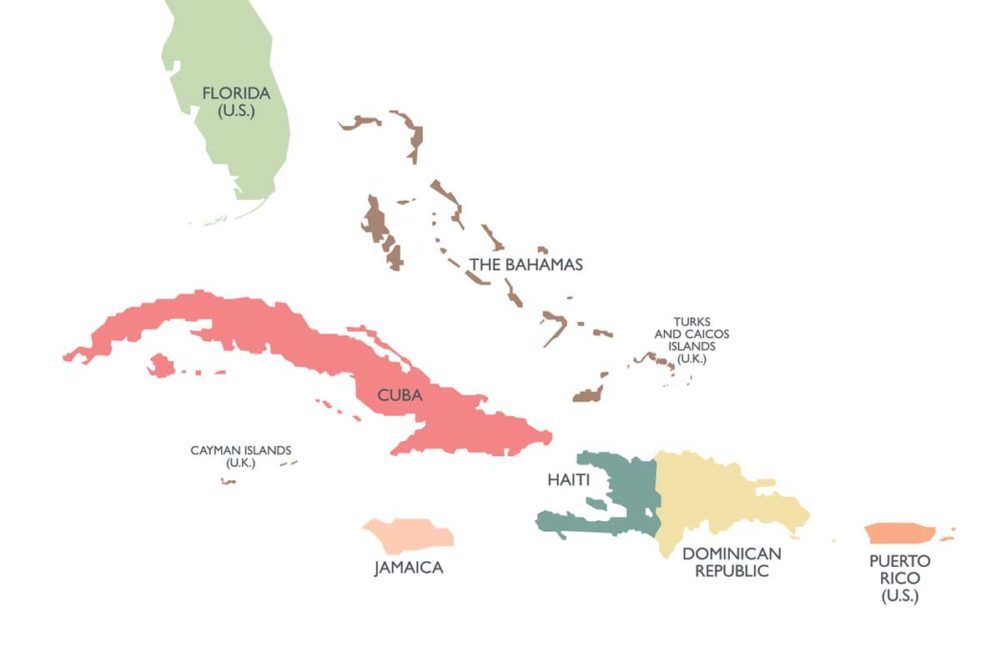KANSAS CITY, MO. – It’s been three weeks since the Dominican Republic reported an outbreak of African swine fever, the first such report in the Western Hemisphere in 40 years. The government’s Official Commission for the Eradication of African Swine Fever reported Aug. 25 that there are 15 affected provinces and four are under suspicion of having infected swine.
The Dominican Republic said the country now has state-of-the-art testing equipment that produces results within an hour and a half if a pig is infected the virus. The equipment was recommended by the United Nations Food and Agriculture Organization and is the first of four portable models that will be acquired to test pigs.
Government officials continued giving out compensation checks to pig farmers in the provinces of La Vega, Hermanas Mirabal and Espaillat, whose animals were slaughtered as part of eradication activities. Next steps include developing a plan to transition affected swine producers to other agricultural endeavors until the government authorizes restocking the swineherd.
In the meantime, the USDA’s Animal and Plant Health Inspection Service (APHIS) continues to assist the Dominican Republic with testing support. And US Customs and Border Protection has stepped up inspections and surveillance of people and cargo moving between the United States, Puerto Rico and the Dominican Republic.
In this episode of the MEAT+POULTRY Podcast, Rosemary Sifford, Deputy Administrator for veterinary services at APHIS, and John Sagle, deputy executive director at CBP, shared details of these activities during a webinar hosted by the National Pork Board.
Subscribe to MEAT+POULTRY podcasts





